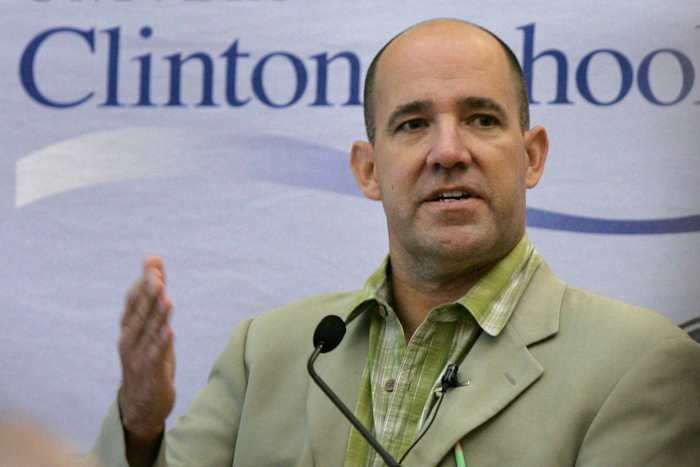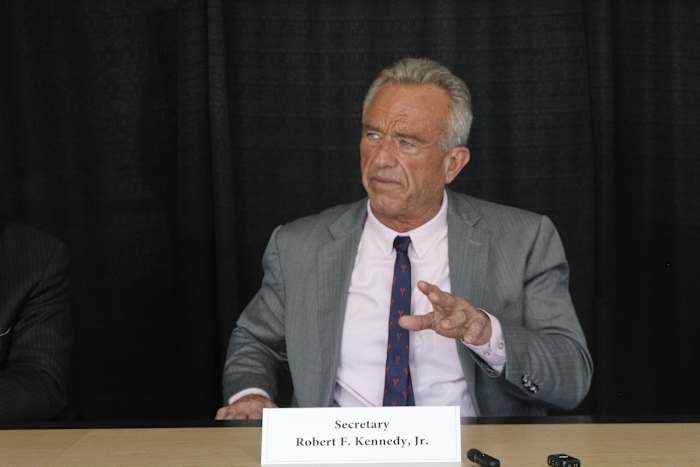Daily Orlando News – In a move that has sent ripples through newsrooms across the nation, the Justice Department is set to intensify its crackdown on leaks of information to the news media. The revised policy authorizes federal prosecutors to issue subpoenas to news organizations, serve search warrants when deemed appropriate, and even compel journalists to testify about their confidential sources. While this shift in policy has national implications, it is especially important for journalists, news outlets, civic leaders, and residents right here in Orlando. How will this impact our community’s access to information, press freedom, and local reporting? Let’s take a closer look.
The New DOJ Policy: What’s Changing?
The latest guidance from the Justice Department marks a significant departure from previous norms. Traditionally, federal authorities exercised restraint when dealing with journalists, recognizing the crucial role the press plays in a democracy. Now, federal prosecutors have broader powers to:
- Issue subpoenas to news organizations for information related to leak investigations
- Serve search warrants on newsrooms and journalists’ devices
- Compel reporters to testify about their sources in court
This move is intended to address the growing concern over unauthorized disclosures of sensitive government information. However, critics worry that these measures could have a chilling effect on whistleblowers and investigative journalism. For Orlando’s vibrant local media scene, this could change how stories are investigated, reported, and protected.
Impact on Orlando Journalists and News Outlets
Orlando is home to a diverse media landscape, including independent journalists, TV and radio stations, and digital news platforms like Daily Orlando News. The new DOJ policy means that local reporters covering stories involving government agencies or sensitive issues could face increased scrutiny. If an Orlando-based journalist receives leaked information—be it about city government, law enforcement, or public health—they may now be subject to federal subpoenas or search warrants.
This presents several risks:
- Source Protection: Local journalists may find it harder to protect confidential sources, a cornerstone of investigative reporting.
- Chilling Effect: Potential whistleblowers in Orlando could be discouraged from coming forward with important information.
- Increased Legal Costs: Media outlets might need to allocate more resources to legal defense, diverting time and money from reporting.
The policy could also mean that Orlando media organizations must revisit their protocols for handling sensitive information, data security, and source communications.
Public Access to Information in Orlando
Access to timely and accurate information is vital for communities, especially in a dynamic city like Orlando. The new Justice Department policy could have a direct impact on the willingness of local officials, employees, and concerned citizens to share information with the press—particularly about issues that may not otherwise come to light.
Consider stories on local government spending, police practices, or public health emergencies. If Orlando whistleblowers fear legal consequences, they might stay silent, meaning important issues could go unreported. This could undermine public trust and make it harder for residents to hold those in power accountable. In an age of increasing misinformation, strong local journalism is essential to keeping Orlando’s citizens informed and empowered.
What Can Orlando Media and Residents Do?
While the federal policy is largely outside local control, there are steps Orlando news organizations and residents can take to protect press freedom and the flow of information:
- Stay Informed: Journalists and news consumers should keep up-to-date on legal developments affecting press freedom.
- Legal Preparedness: Local newsrooms can consult with media attorneys to ensure they are equipped to handle subpoenas or warrants.
- Support Local Journalism: Orlando residents can subscribe to and support independent news outlets committed to investigative reporting.
- Advocate for Protections: Community members and journalists can advocate for stronger state-level shield laws that protect reporters and sources.
By taking these steps, Orlando can continue to foster a robust media environment that serves the public interest, even amid new federal challenges.
Looking Ahead: The Future of Press Freedom in Orlando
The Justice Department’s new approach to media leaks marks a critical moment for journalists and citizens alike. While intended to stop the unauthorized release of sensitive information, this policy also raises important questions about transparency, accountability, and democracy. For Orlando, the stakes are high: the city’s rapid growth and diverse population make the need for strong, independent journalism more important than ever.
At Daily Orlando News, we remain committed to keeping our readers informed and advocating for the principles of press freedom and open government. The coming months and years will likely see continued debate and legal challenges over the limits of government power and the rights of the press.
Join the Conversation
How do you think the new Justice Department policy will affect Orlando’s news media and our community’s access to information? Are you concerned about the impact on press freedom, or do you see benefits in stronger controls on leaks? Share your thoughts in the comments below! Your voice is vital in shaping the future of journalism in Orlando.
















